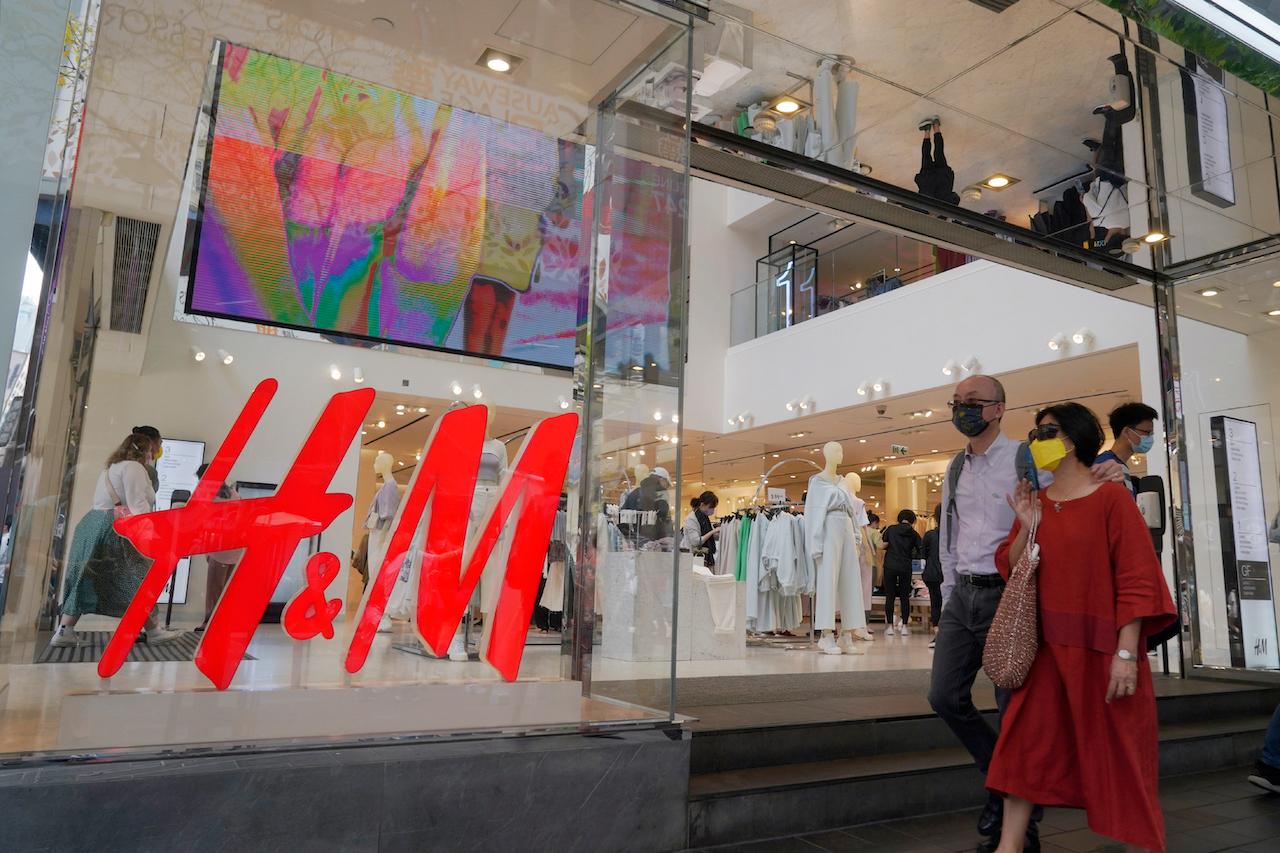More global fashion brands suffering in China after consumer boycott
Chinese consumers are now boycotting H&M, Nike, Burberry, Adidas, Converse, and other companies who have voiced concern over forced labour in Xinjiang.
The Chinese government has warned Swedish clothing brand H&M it will not earn a penny in the country if it refuses to buy cotton from the Xinjiang region.
H&M and other popular Western brands are facing a backlash in China after they expressed concern about the alleged use of forced labour in cotton production.
China has been accused of forcing members of the mostly Muslim Uighur minority to pick and process cotton in Xinjiang.
Beijing denies this and, in recent days, brands voicing criticisms have faced boycotts by Chinese consumers in cities across the country.
“I don’t think a company should politicise its economic behaviour,” said Xu Guixiang, a Xinjiang government spokesman, at a news conference on Monday. “Can H&M continue to make money in the Chinese market? Not anymore.”
Xu said the decision by some brands to stop buying Xinjiang cotton was “not reasonable”, comparing it to “lifting a stone to drop it on one’s own feet”.
The spokesman’s remarks cast doubt on the Swedish company’s future in one of the world’s largest markets.
They also indicate Chinese government support for the recent Chinese consumer boycott of products from H&M and other global retailers.
China’s boycott initially targeted Nike and H&M, with reports of the latter’s products being withdrawn from major e-commerce platforms including Pinduoduo, JD.com and Tmall, and many of its stores being shuttered across the country.
The boycott has now widened to include Burberry, Adidas and Converse, among others.
Burberry has lost a brand ambassador, actress Zhou Dongyu, and 27 other Chinese celebrities have cut ties with companies including Adidas, Calvin Klein and Nike.
The cotton row erupted after the BBC published an investigation based on new research showing China was forcing hundreds of thousands of minorities including Uighurs into manual labour in Xinjiang’s cotton fields.
Xinjiang cotton accounts for 85% of Chinese production and 20% of world supply.
“Right now, there is near certainty that any brand sourcing apparel, textiles, yarn or cotton from the Uighur region is profiting from human rights violations, including forced labour,” says the Coalition to End Forced Labour in the Uighur Region.
However, retailers typically only know the first tier in their supply chain. For example, a retailer commissions a shirt from a supplier, who buys the fabric from a mill, which buys the yarn from a spinning mill, which bought the cotton from a broker, who bought cotton from any number of farms, says Clare Lissaman from Common Objective, a sustainable fashion sourcing platform.
Tracing cotton back to a specific origin is almost impossible, she says. “If you really want to be confident of the traceability of the cotton in your jeans, you have to look for Soil Association organic cotton or Fairtrade.
Subscribe to our newsletter
To be updated with all the latest news and analyses daily.
